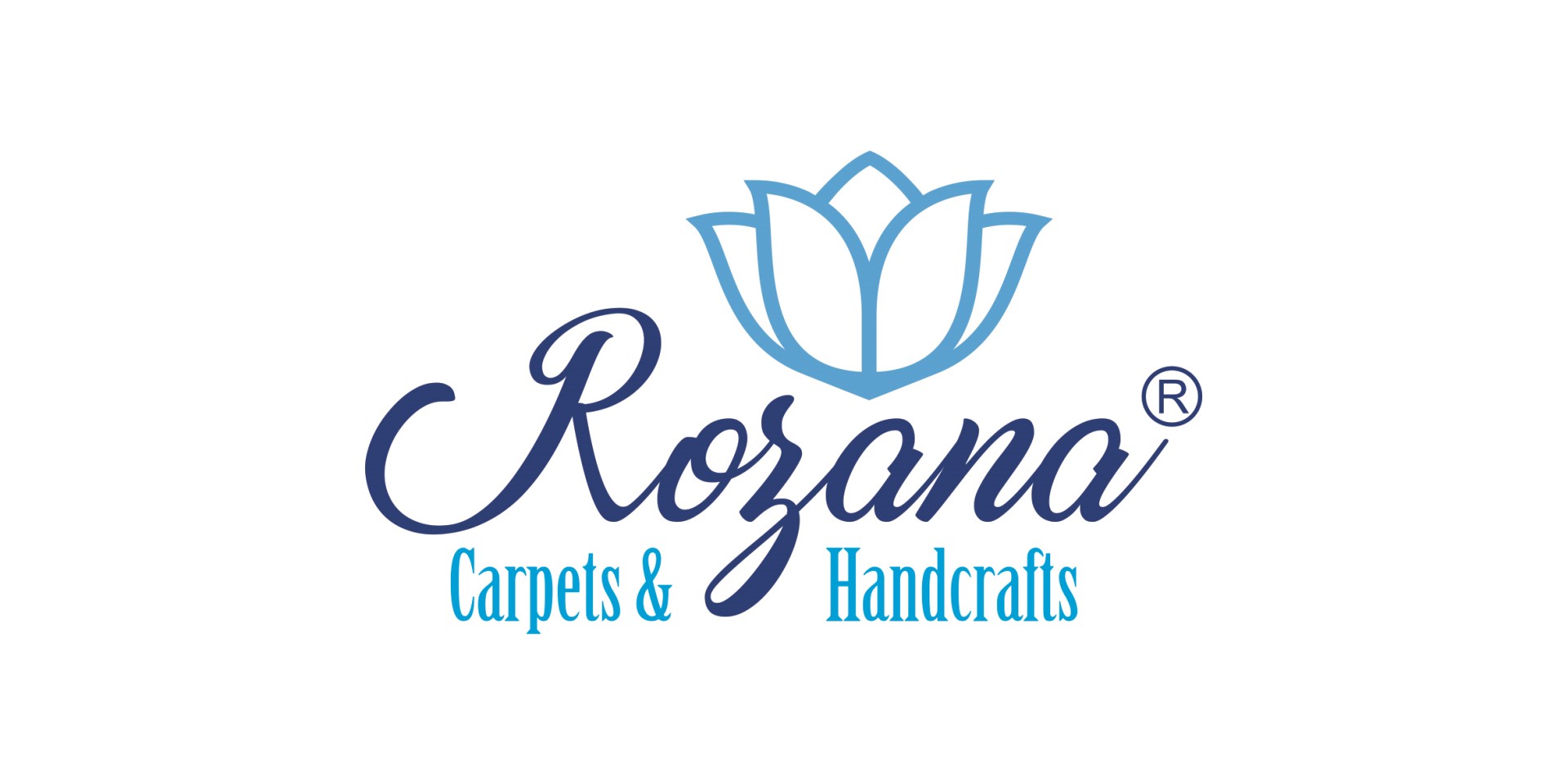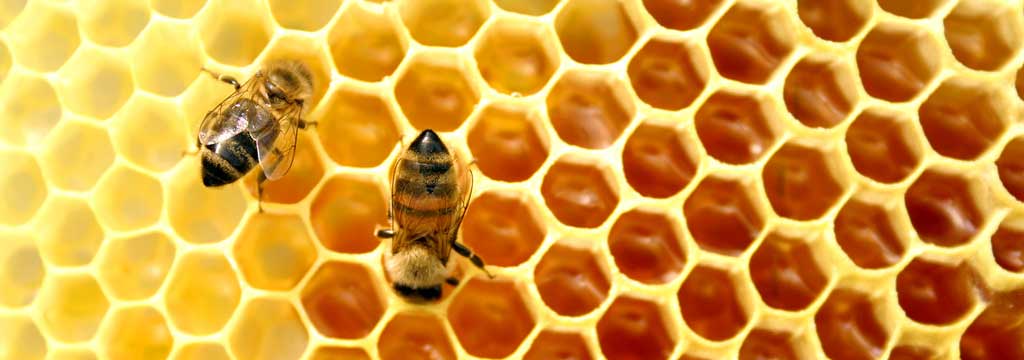Rozana
Rozana, Handwooven Carpet and Silversmith Workshop
(A Pilot Initiative by Imam Sadr Foundation)
On January 20th, 1975, Imam Mousa Sadr said: “We need strong women who can stand up firmly; this impels comprehensive training and educational programs”.
Since the Economic recession Men, in general, have been losing jobs; their salaries were being haunted by the fall of the purchasing power and the increasing cost of living. As a consequence, women became caught in an ever-tightening tangle of social and economic commitments. Craft workshops and small size enterprises were established to respond to the increasing demands of work opportunities.
Under these conditions, Imam Mousa Sadr’s initiative to teach hand-woven carpet first saw light in 1976. He believed this initiative would contribute to the economy recovery and to the status of disadvantaged cohort within the society. For him, the project is an important source to rehabilitate the poorest communities, especially the women. It all started with the mothers of Jabal Amel institution’s students, in particular and with southern women, in general. Alas! With the outbreak of the civil war the workshop had no other options but closing its doors.
Recently, Imam Sadr Foundation revived the concept. Trainers were hosted and trainees were invited to resume weaving. The foundation provides assistance on promoting and marketing the products through its channels of friends, regular exhibitions and by contact with the Lebanese diaspora. The workshop is open to train girls and women at flexible schedules; the flexibility of a part-time fits perfectly the needs of the mothers who bear large responsibility towards their households. In the long run, hand-woven carpets is a sector promising a prosperous economic opportunity.
This reasoning is based on the following aspects:
• Carpet has of high economic value.
• Carpets are mostly designed for export.
• Hand-woven carpet is a labor-intensive sector which secures many employment opportunities for women and young people in rural areas.
• It does not need to invest a lot of effort and money; it only require building relevant skills and capacity.
Trainees will be able to weave within their family and to establish a cooperative to ensure post-communication and contacts; Taking advantage of modern technology will facilitate their contact with wholesale dealers in the country, or on a larger scale with importers from foreign countries.
The parents’ committee at Zahraa Orphanage has chosen twenty trainees from various towns and villages in south Lebanon. The first training is programmed on a 30 day period. The Foundation hired four specialists highly skilled in Ajam carpet weaving techniques. They will be hosted 3 times in 2017, a minimum of 15 days each visit. Upon completion of the training on carpet weaving, cutting and washing techniques, 4 to 5 trainees will be selected to undergo the TOT (Training of Trainers). This program aims at providing training and building capacity of other groups in the future.
Many partners expressed their interest in this carpet project. Discussions on ways of cooperation are going on. Based on possible funding opportunities, the carpets production’s scope and volume together with the adopted patterns will be determined and that to maintaining and expanding this activity.
Watch the trailer: https://www.youtube.com/watch?v=OCn0caZ0R9s
The silversmith workshop at the Imam Sadr Foundation is within the projects that aim to economically empower women through enhancing their chances at getting jobs. This workshop is part of the accelerated vocational training program.
Decorating silverware is an ancient craft with roots that extend back hundreds of years. Rachaya was one of the most famous cities in Lebanon in silver decoration. The revitalization of this industry is therefore a contribution to the preservation of the cultural heritage of the region.
In practice, the Rubas (silver) are melted on the fire for one hour in the meltingpot and then transferred to the Rizk after they have melted in order to give them different shapes. They are then converted into silver threads by the pull wheel. Finally, they are wraped around a piece of metal to give it the desired shape for the aspired design.
In its plans for the future, the workshop intends to participate in the crafts and heritage exhibitions as a means of marketing and selling its products, with its yeilds being allocated to the expansion and development of the work.


